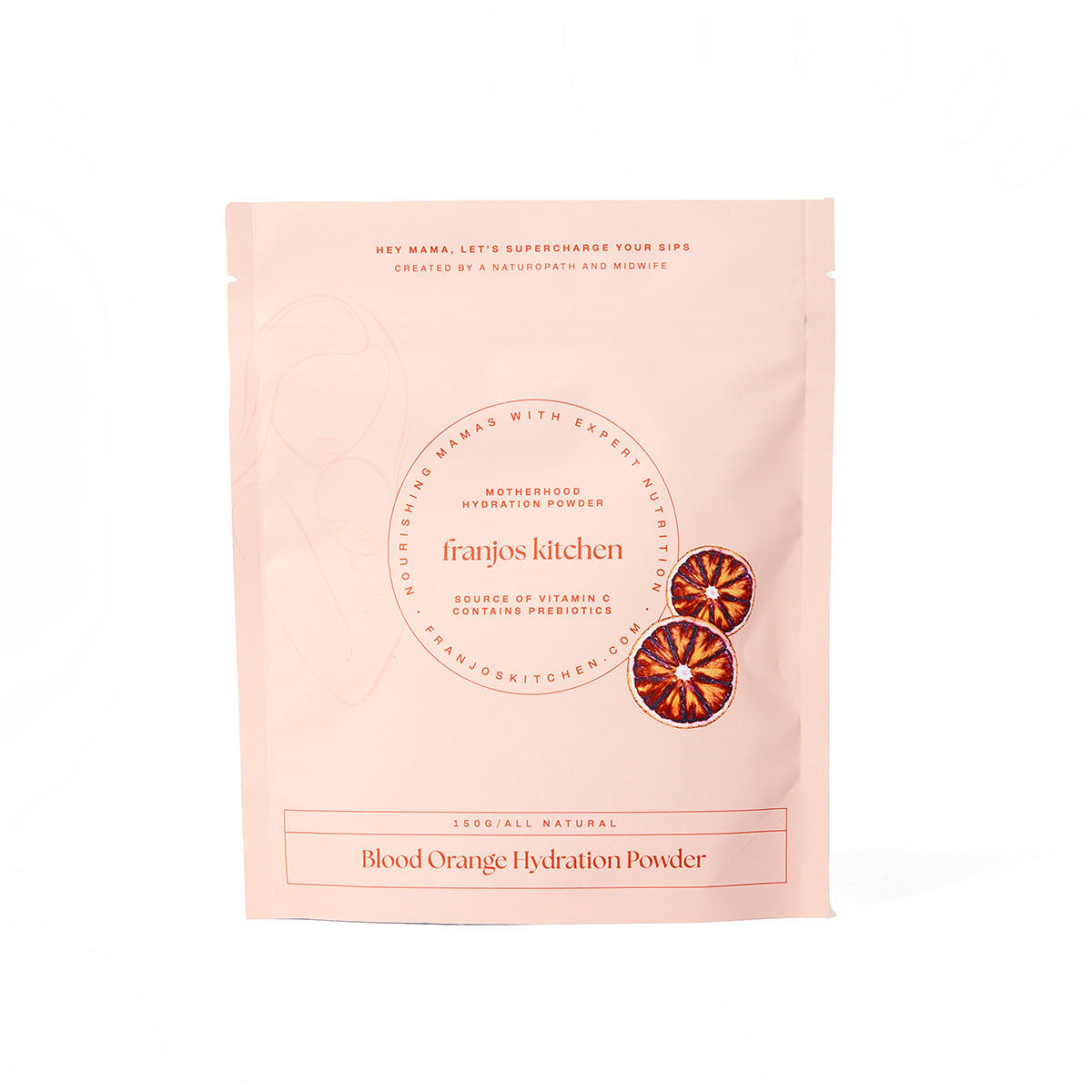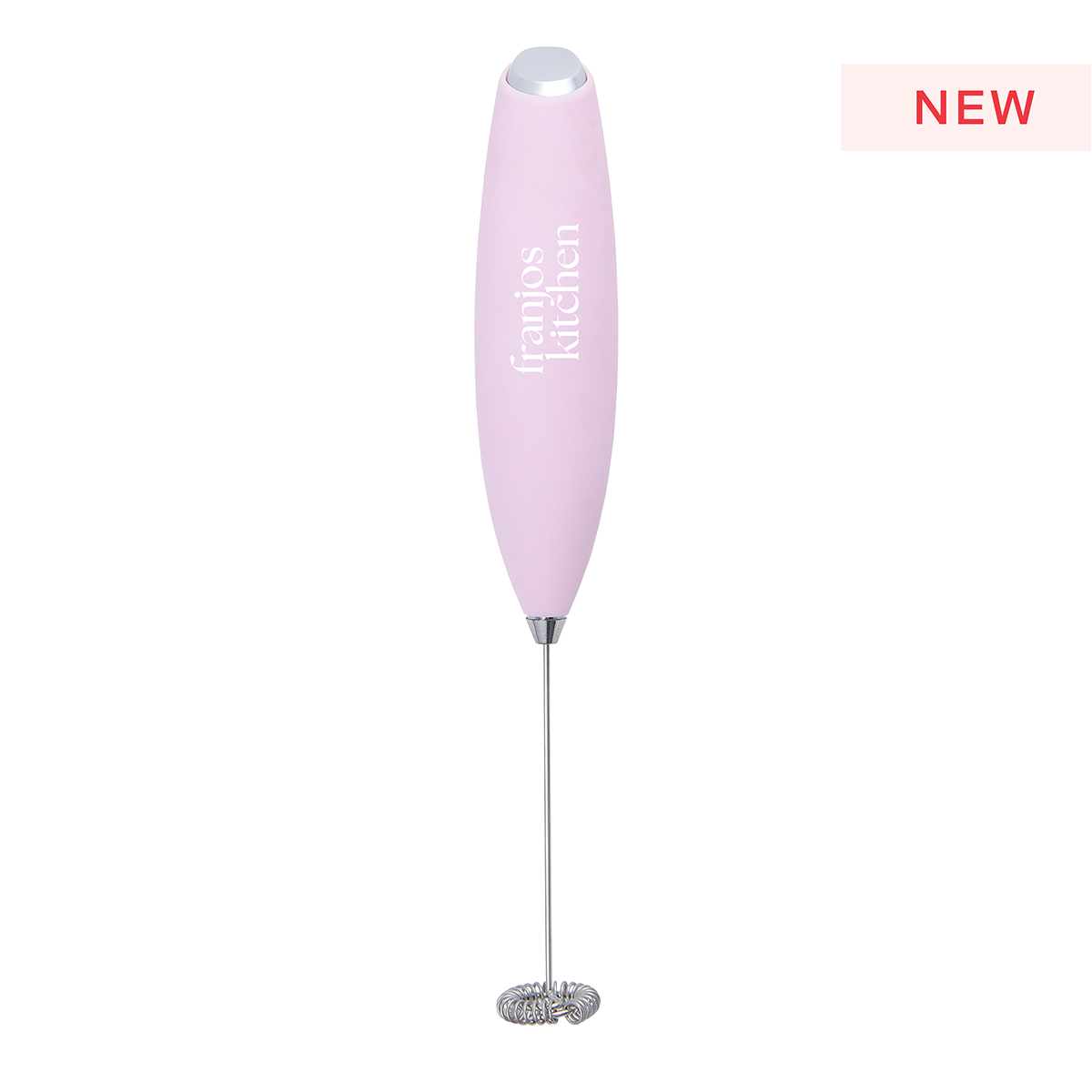World Breastfeeding Week: Advocating for Equal Access
World Breastfeeding Week: Advocating for Equal Access
Today we are sitting down with Neve, from We The Parents to discuss breastfeeding inequality around the world.
"Breastfeeding is a free, optimum source of nutrition for baby. It helps mothers and babies to bond more closely, and according to the World Health Organization, breastfeeding even positively influences psychomotor and social development. Unfortunately, the opportunity to breastfeed doesn't exist equally for all mothers.
As we celebrate World Breastfeeding Week, it's important to acknowledge breastfeeding inequality. It's a disparity that hides in plain sight -- it can be easy to assume that any new mama has all the tools she needs to feed her baby easily and for free, but it's simply not the case. Myriad factors influence a mom's ability to breastfeed successfully and the length of time for which she is able to do so exclusively.
The economic imbalance is central to the issue of breastfeeding inequality. Simply put, lifestyle factors associated with poverty can make it significantly harder for a mother to breastfeed at length, or at all.
- Low-income jobs rarely provide paid maternity leave, making it difficult to establish a successful breastfeeding routine
- These same jobs are also less likely to offer flexibility for pumping breaks or a clean, discreet place to pump
- Mothers in low-income areas may be vulnerable to a lack of support due to hospital understaffing, and may not be provided with a lactation consultant or know to request one
- They may be less connected to their community and family, and may as such lack a supported and positive view about breastfeeding
On paper, the numbers speak volumes about this shocking imbalance.
- In the United States, 56% of mothers from economically disadvantaged Louisiana breastfeed, while 93% of mothers from wealthier California do so
- At the six month mark, 68% of wealthy mothers are still breastfeeding, but only 38% of mothers below the poverty line are still doing so
- Likewise, 60% of married mothers are still breastfeeding their baby at six months old, while only 29% of single mothers are able to do so
The statistics on breastfeeding inequality are tackled in-depth in this infographic by We The Parents, which makes it very clear that breastfeeding inequality is an issue of public health that must be addressed."



